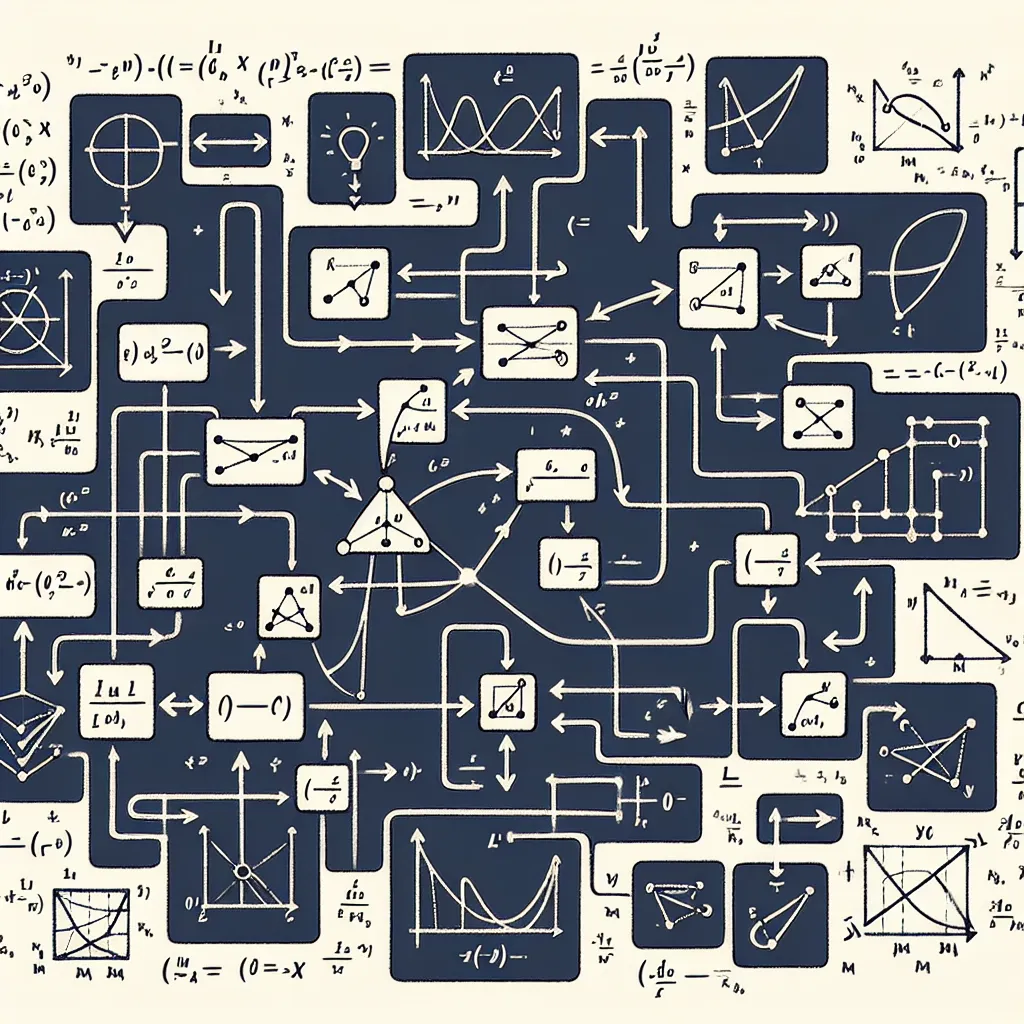Ask AI on The Internet
Question: What is a state machine in regards to distributed computing?
A state machine in the context of distributed computing refers to an abstract computational model used to create reliable and fault-tolerant systems. Specifically, it’s employed in distributed systems to manage the state of processes or applications consistently across multiple nodes. ### Key Concepts of State Machines in Distributed Computing: 1. **State Representation:** - A state machine has a set of states, an initial state, and a set of transition rules. Each state represents a specific condition or situation of the application. 2. **State Transitions:** - Transitions between states are triggered by events or inputs. The state machine processes these inputs to move from one state to another according to predefined rules. 3. **Consistency:** - In a distributed system, maintaining a consistent state across multiple nodes is crucial. The state machine approach ensures that all nodes transition through states in the same sequence, even if the inputs are received at different times. 4. **Fault Tolerance:** - By replicating the state machine across multiple nodes, the system can remain functional even if some nodes fail. Techniques like consensus algorithms (e.g., Paxos, Raft) are often used to ensure that all nodes agree on state changes and order of events. 5. **Determinism:** - For a state machine to be useful in distributed systems, its behavior must be deterministic. This means that given the same initial state and sequence of inputs, the state machine will always produce the same sequence of states. ### Use Cases: - **Distributed Databases:** - Ensuring consistency of data across multiple database replicas. - **Fault-Tolerant Services:** - Building services that can continue to operate correctly even when some of the components fail. - **Consensus Algorithms:** - Implementing distributed consensus algorithms to ensure all nodes agree on a single value or state, crucial for leader election and committed logs. ### Example: Paxos and Raft - **Paxos:** - A family of consensus algorithms that helps multiple nodes agree on a single state even in the presence of failures. - **Raft:** - An alternative to Paxos, designed to be easier to understand and implement, while providing similar guarantees for state consistency across distributed systems. ### Practical Implementation: 1. **Replication:** - State machines are replicated across nodes so that each node maintains a copy of the state machine. 2. **Log-Based:** - Operations or commands that trigger state transitions are recorded in a log, which is replicated and consistently ordered across nodes. 3. **Recovery:** - Nodes can recover from failures by replaying the log to reach the current state. ### Summary In distributed computing, state machines are fundamental for creating systems that are reliable, fault-tolerant, and consistent. They manage states, ensure determinism, and handle replication and recovery, making them indispensable for high-availability services and applications.
Think your answer is better than the AI's? Post it below.
Other Most Relevant Posts:
 Breaking Boundaries: Harnessing Cross-Platform Virtualization for Seamless Software Development and Testing
Breaking Boundaries: Harnessing Cross-Platform Virtualization for Seamless Software Development and Testing
 Cross-Platform Virtualization: A Key to Seamless Software Testing and Evaluation across Operating Systems and Resource Constraints
Cross-Platform Virtualization: A Key to Seamless Software Testing and Evaluation across Operating Systems and Resource Constraints
Question Tags
If you want your question answered by an AI, click here.





Post your own comment: